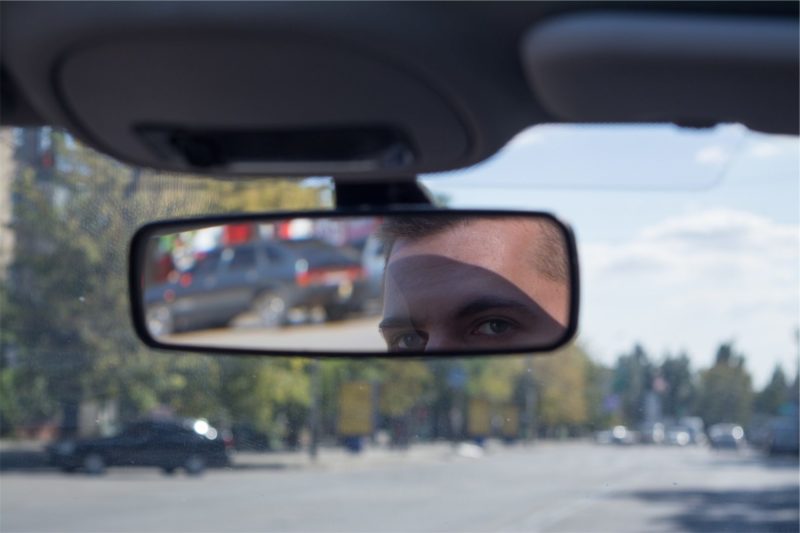New York City has proposed new rules aimed at keeping tired taxi drivers off the roads. Proponents of the these rules argue that operating a motor vehicle while tired can impair a driver’s reflexes to the same extent as driving while under the influence of alcohol. There are several laws on the books that prohibit DWI (driving while intoxicated), and many drivers are aware of the dangers associated with driving drunk, however, driving while tired is rarely thought to be as dangerous as drunk driving.
The Proposed Rule
The proposed rule would apply to TLC (Taxi and Limousine Commission) licensed drivers operating in New York City and would limit how many hours these drivers can work. The rule prohibits drivers from working for more than 12 hours per day (aka any 24 hour period) and more than 72 hours in a week (aka any seven day period).
The Current Rule
Currently, TLC licensed drivers are not permitted to work more than 12 hours at a time. However, under this rule the clock technically resets anytime a driver takes a break, even if they only rest for a few minutes.
Arguments In Favor Of The Proposed Rule
The Taxi and Limousine Commission’s research shows that drivers who consistently work long hours become tired and have reaction times that are much slower than drivers who are will rested. This delayed response time is serious as it increases the chance that tired drivers will be involved in an accident. In fact, New York City claims that a driver who has been awake for 18 hours has the impairment equivalent of a 0.05% BAC (blood alcohol concentration), and that a driver who has been awake for 24 hours has the equivalent impairment for someone who has a 0.10% BAC. For reference, consider that the legal BAC level in New York for drivers who are older than 21 years old is 0.08%, and that drivers who have a BAC of 0.18% or higher can be charged with an aggravated DWI. These statistics indicate that under certain circumstances driving while sleep deprived can impair a driver’s reflexes to the same extent as driving under the influence of alcohol.
Arguments Against the Proposed Rule
However, some critics of the proposed rule argue that regulations prohibiting long working shifts will not be effective due to the fact that most taxi drivers are not working long shifts because they want to. Rather, many drivers who work extended shifts do so out of necessity, and may continue to do so despite changed regulations. These critics claim that a more effective solution would be to help drivers earn a better living in the first place.
How Can We Help?
Charged with a DWI in New York? Contact our team today to learn your options. We’re available 24/7; 1-866-792-7800.
DISCLAIMER: The exclusive purpose of this article is educational and it is not intended as either legal advice or a general solution to any specific legal problem. Corporate offices for Nave DWI Defense Attorneys are located at 432 N. Franklin Street, Suite 80, Syracuse, NY 13204; Telephone No.: 1-866-792-7800. Prior results do not guarantee a similar outcome. Attorney Advertising.





